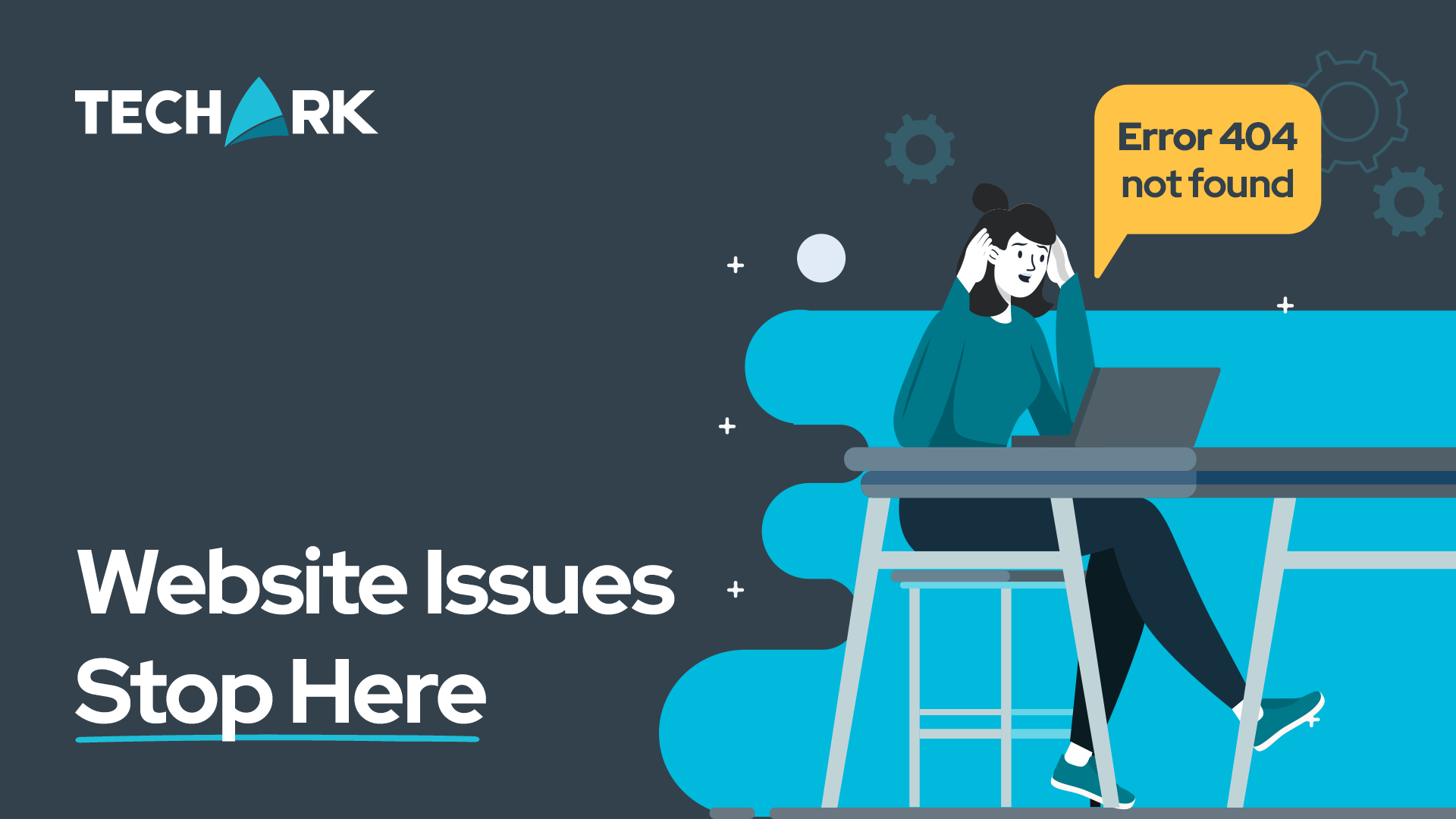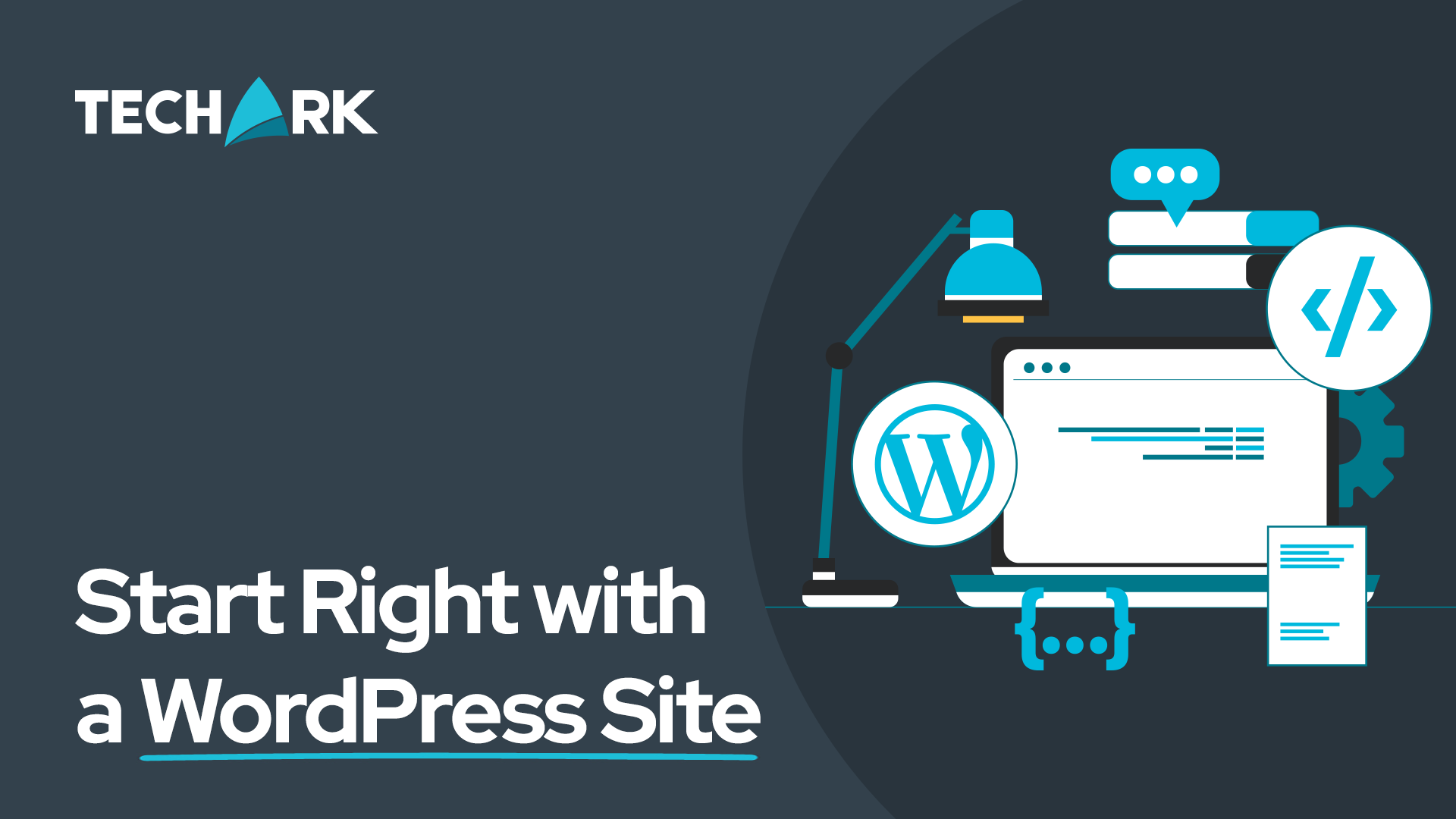Top Trends & Topics

Digital Marketing
Everything You Need to Know to Get Started with Google Analytics 4
- October 10, 2022
- 3 min.
TechArk News
View All TechArk News
View
The Latest Trends & Topics
 SEO, Web Hosting
The Need for Speed: How Quality Hosting Can Improve Core Web Vitals
SEO, Web Hosting
The Need for Speed: How Quality Hosting Can Improve Core Web Vitals
- March 29, 2024
- 4 min.
 Web Design, WordPress
Should I Pick a Theme or Custom Design for my WordPress Website?
Web Design, WordPress
Should I Pick a Theme or Custom Design for my WordPress Website?
- March 21, 2024
- 3 min.
 Website Maintenance
Prevent & Manage Website Disruptions: Tips for Business Success
Website Maintenance
Prevent & Manage Website Disruptions: Tips for Business Success
- November 6, 2023
- 3 min.
 Website Design + Development
Designed to Scale: How WordPress Powers Your Business Growth
Website Design + Development
Designed to Scale: How WordPress Powers Your Business Growth
- October 31, 2023
- 4 min.
 Google Ads
Empowering Nonprofits with Google Ad Grants: Amplify Your Impact Online
Google Ads
Empowering Nonprofits with Google Ad Grants: Amplify Your Impact Online
- October 5, 2023
- 3 min.
 Software Development
Stop with the Spreadsheets! How to automate your business workflows
Software Development
Stop with the Spreadsheets! How to automate your business workflows
- October 4, 2023
- 4 min.
 Company News
TechArk Solutions Named an Inc. 5000 Fastest-Growing Private Company For Third Year
Company News
TechArk Solutions Named an Inc. 5000 Fastest-Growing Private Company For Third Year
- August 16, 2023
- 2 min.
 Digital Transformation
Why Automation is at the Core of Digital Transformation
Digital Transformation
Why Automation is at the Core of Digital Transformation
- April 25, 2023
- 4 min.










